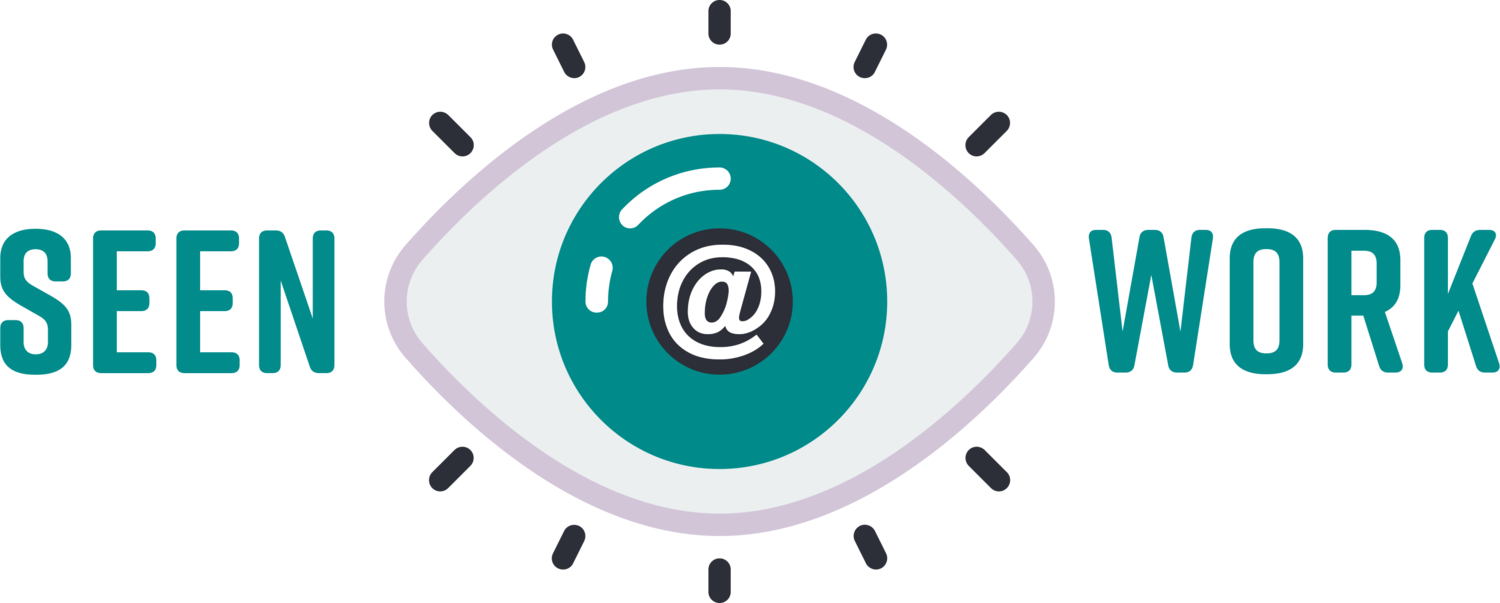Why Companies Should Invest in Diversity: The Shifts in Business
As a professional working in diversity and inclusion, I spend a lot of my time planning, leading, and measuring the impact of workplace initiatives. However, much of the job also involves engaging in important conversations.
Some of those conversations are with fellow diversity and inclusion practitioners, looking for ideas, inspiration, and resources. Some conversations are with professionals who may not formally work in diversity and inclusion, but who care deeply about making their workplaces more diverse and more inclusive. Still, other, perhaps more memorable and often more difficult conversations, are with people who need to be convinced that diversity and inclusion matters..
"Why do we need to spend time and money on diversity?"
"What's the ROI?"
If you're someone who is engaged in diversity and inclusion initiatives in your workplace, these questions may sound familiar. So, what can you say? How should you respond?
Rather watch a video instead? Check out the one below!
Let's start by describing some shifts and trends we're seeing in workplaces today.
Many of the ways work has changed in the last twenty years point to a need for diversity and inclusion efforts. Next time you find yourself making a case for diversity, you can use some of these shifts to support the need for diversity and inclusion initiatives in your workplace:
Crisis management requires inclusive management.
We are perhaps in the midst of the biggest shift in workplace culture we all will see in our lifetimes.
The COVID-19 pandemic has upended the way we experience work and the way we live our lives. Its economic repercussions have many chief executives knee-deep in crisis management. Although it may be tempting to fixate solely on the financial repercussions of the ongoing public health crisis, research shows that companies that pay special attention to their employees emerge more resilient and more intact in the long run.
In fact, companies that are lucky enough to effectively see employees through this uncertainty will have put practices in place that align directly with the work of diversity and inclusion professionals. Some of those include making sure everyone has adequate access to the tools they need to successfully perform their jobs from home and helping managers create team cultures that encourage employees to share if they need adjustments made because they are caring for a sick relative or homeschooling young children.
And there is so much more. Companies may have to help their middle managers address mental health considerations. They may have to contend with and make space for conversations about the rise in racist rhetoric against Asian Americans. They may find a need to support underrepresented employees as they process the disproportionate impact the pandemic has had on Black and Latinx communities. Now is not the time to pull back on diversity and inclusion practices. For the most resilient companies out there, crisis management requires inclusive management.
“Now is not the time to pull back on diversity and inclusion practices. For the most resilient companies out there, crisis management requires inclusive management. ”
Seen@Work Has Training Solutions to Help You Build an Inclusive Culture.
Schedule a Consultation today.
Companies are redefining their priorities and stakeholders.
Last year, the Business Roundtable, a consortium of chief executive officers leading companies across the United States, released a statement that redefined the "purpose of a corporation." According to the statement, the purpose of a corporation now includes investing in its employees, its suppliers, and the environment. Previously, a company's purpose was solely to benefit its shareholders with ever-increasing profit.
Today, through this new statement, senior executives at several major American companies made a commitment to employees, a commitment that can be fulfilled through an investment in internal human capital supports like those offered through diversity and inclusion initiatives.
Millennials, the fastest growing demographic of professionals, are more open than any generation before them to job-switching.
Unlike the baby boomer generation, known for its steadfast loyalty to employers, millennials have shown to be less interested in sticking with a company or organization for the sake of it. In fact, a recent survey of 5,000 professionals reveals that "three in four millennial employees are open to new opportunities." And a Gallop report dubbing millennials "the job-hopping generation" claims that 21% of millennials, more than three times the number of non-millennials, have changed jobs within the past year!
As the average cost of hiring and training new employees continues to climb - in 2018 alone that figure was over $600B - companies need to find more ways to engage its employees, especially as economic uncertainty continues to plague 2020. Diversity, inclusion, and belonging initiatives can enhance employee engagement and help employees feel more invested in their workplace thereby reducing turnover.
The United States is becoming more diverse.
The United States is becoming more diverse, ethnically and racially. According to a Pew Research Center analysis, "nearly half of post-Millennials are racial and ethnic minorities."
A more diverse country means a more diverse consumer base and a more diverse talent pool.
In order to meet the needs of an increasingly diverse consumer base, companies will need to have a representative workforce that can develop representative products and offer effective and relevant marketing. This increases the need for diversity recruitment efforts and active mitigation of bias in hiring processes. And to attract and retain an increasingly diverse talent pool, companies will have to build inclusive practices.
Work is changing and it’s changing in ways that require an emphasis on diversity and inclusion. So when people ask why companies should invest in such work, hopefully now you have just a few more resources to point to.
Build Community -
Retain and Engage Your Employees
Check out Seen@Work’s signature Circle Program.
Schedule a Consultation today.


